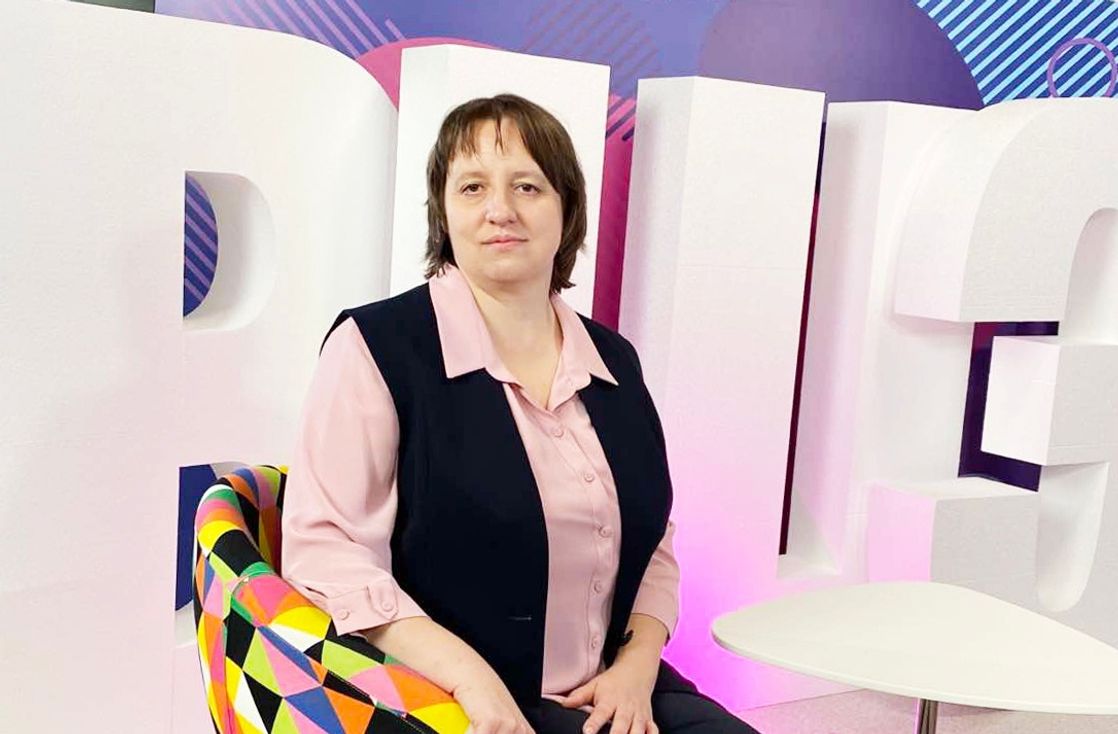Artificial and Augmented intelligence: Connecting Business, Education and Science

The history of AI research in Nizhny Novgorod dates back to the 1960s and 1970s. Today, AI technologies, from voice assistants and smart home systems to digital twin creation and genome sequencing, are revolutionising our life. Natalia Aseeva, Dean of the Faculty of Informatics, Mathematics and Computer Science at HSE Campus in Nizhny Novgorod, discusses how the advancement of AI connects science, business, and education.
— How do AI technologies benefit people?
— Experts identify two main concepts for using AI technologies. The first is when human activity is completely replaced by technology, which is known as artificial intelligence. The second concept is when AI enhances a person's abilities, eg quickly prepares decisions based on data, but the final decision-making remains with the person. This concept is known as augmented intelligence.
There are numerous well-known examples. We have all become accustomed to using chatbots and voice assistants for various purposes, as well as finding convenient and quick routes through navigational systems. All these products use AI technologies.
Then there are several socially significant areas where human involvement and decision-making, supported by augmented intelligence systems, are crucial. For example, in medicine, digital diagnostics and high-tech research powered by artificial intelligence can be highly useful. However, the final diagnosis and treatment decisions are still made by doctors, as we are all very different and medical treatment cannot be entirely entrusted to a computer.
— Starting in 2024, HSE Campus in Nizhny Novgorod is offering enrolment to the Bachelor's Programme 'Artificial and Augmented Intelligence Technologies,' created in partnership with the Neimark IT Campus. What prompted the launch of this programme in Nizhny Novgorod?
— The history of AI research in Nizhny Novgorod dates back to the work of scientists from the 1960s and 1970s. At that time, Professor Yuri Neimark worked on the theories that laid the foundation for computer vision and artificial intelligence technologies. In the 1990s, Western IT companies arrived in this rich research environment, which, in turn, fostered the growth of the city's IT community. The OpenCV computer vision library, developed in part by Nizhny Novgorod engineers, has become a landmark project in the field of AI.
Regarding the number of companies and specialists in this field, Nizhny Novgorod currently ranks among the top in the country, according to various estimates. Therefore, it is here that we will train highly sought-after specialists whose knowledge and skills enable them to tackle both applied and research challenges in artificial intelligence and machine learning.

— What mechanisms does the programme incorporate for students to build and practice their skills?
— For the second consecutive year, HSE University has ranked in the A+ group of leaders in terms of the quality of training specialists in AI. This means that the university’s faculty are leading researchers with A* publications, and the programme includes collaborative projects with industry partners, particularly with BigTech companies such as Alfa–Bank and VK. The presence of both of these factors is essential for students to develop the ability to independently create products and services based on data.
Each student of the Bachelor's Programme 'Artificial and Augmented Intelligence Technologies' will participate in leading conferences, research schools, and other events in the field of AI, and will be involved in project activities with research teams at HSE University and its partners, starting from the first year.
— What projects are scientists at HSE Campus in Nizhny Novgorod currently working on, and are there any partner programmes focused on the development of AI technologies?
— To create applied systems in the future, we must continually expand our scientific knowledge. The Faculty of Informatics, Mathematics, and Computer Science includes cutting-edge scientific laboratories, such as the Laboratory of Algorithms and Technologies for Network Analysis (LATNA) and the Laboratory of Theory and Practice of Decision-Making Support Systems (TAPRADESS). These laboratories conduct both fundamental and applied research in the field of artificial intelligence.
For example, specialists at the Laboratory of Algorithms and Technologies for Network Analysis have been developing new network models for data mining and artificial intelligence methods for computer vision, including industrial image recognition technologies for mobile devices.
In close collaboration with the TAPRADESS Laboratory, and within the framework of the Priority 2030 programme, staff members of the Faculty of Informatics, Mathematics, and Computer Science have been working on applied projects in the field of artificial intelligence related to medicine and education.
— Why is it so important today to develop AI projects and pursue formal education in this field?
— Active implementation of AI-enabled technologies in enterprises ensures higher speed and better quality of business processes. Companies need specialists with advanced knowledge and the ability to generate innovative ideas. Russia's current AI development strategy aims to increase the number of university graduates with qualifications in artificial intelligence fivefold by 2030 and to ensure that 85% of employed specialists have applied AI skills.
There are already numerous AI-focused projects at HSE Campus in Nizhny Novgorod, involving both our staff and students. We consider it a high-priority objective to advance and implement AI technologies across various areas of human life and society, including scientific disciplines and economic sectors.
In 2024, enrolment is underway for ten state-funded and forty fee-paying places in the Bachelor’s Programme 'Artificial and Augmented Intelligence Technologies.' Click here to learn more and apply.

